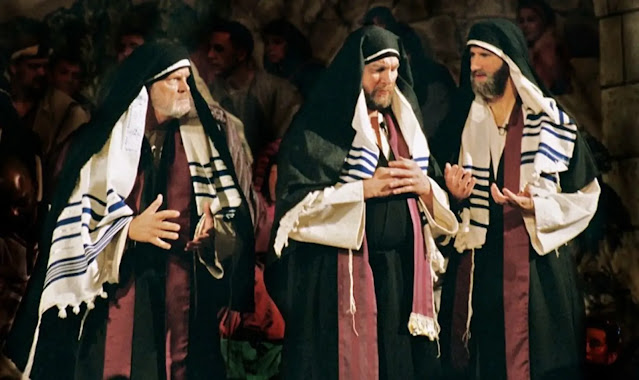GEMS FROM JEREMIAH (30) Jeremiah & Jesus, part II: covenant & kingdom

“[Jesus] also said, “With what can we compare the kingdom of God, or what parable will we use for it? It is like a mustard seed, which, when sown upon the ground, is the smallest of all the seeds on earth; yet when it is sown it grows up and becomes the greatest of all shrubs, and puts forth large branches, so that the birds of the air can make nests in its shade.” (Gospel of Mark 4.30-32) What were Jeremiah and Jesus trying to accomplish? Both prophets seemed to have dedicated their lives to a fool’s errand. In the case of Jeremiah, God told him at the moment of his calling that his audience would resist his message (Jer. 1.17-19) and as we read the book of Jeremiah, it often feels like the destruction of Judah is a foregone conclusion. As for Jesus, he quoted the prophet Isaiah to describe his contemporaries’ inability to understand his teaching (Mk. 4.11-12; cf. Is. 6.9-10). Both Jeremiah and Jesus called their...



